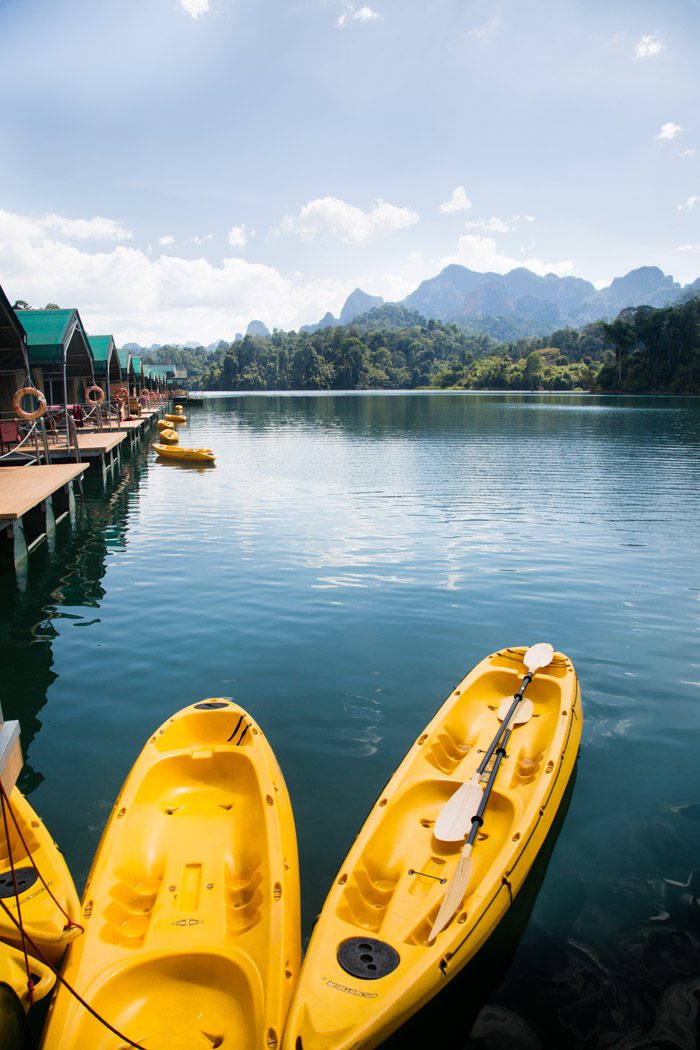
I love almost everything about summer—except the mosquitos. (Although they seem to love me.)
After our trip to Thailand, I got a lot of questions about how we protected ourselves and the kids. Now that it’s the season for camping trips and lingering outside at sunset, I thought it might be a good time to return to the topic.
At the time, a reader—Lauren Oster—wrote in to share a story full of great tips that she wrote up, and which ran in Health Magazine. For the story, she interviewed the scientists behind a 2015 study on repellents and the overall takeaway was that as much as we wish essential oils or candles could suffice, “if you really need to keep mosquitos away (if, say, you’re traveling someplace where mosquito-borne illness is a concern), you’re going to have to reach for something synthesized, like OLE, picaridin, or DEET.” “It’s also worth noting that “natural” bug sprays aren’t regulated by the EPA (unlike those containing OLE, DEET, and picaridin) and don’t have to provide evidence to back up safety or efficacy claims.”
DEET is still the standard against which every other repellant is tested, and most experts still reach for it when necessary. The data on its immediate and long-term safety is much more extensive as its been around so long.
However, we became Picaridin converts on our trip. It worked—I didn’t get bit at all! even in a jungle—without ruining plastics and synthetic clothing the way DEET can. It just felt better overall.
In fact, in this NPR story, Picaridin was given the edge by some experts: “When people use DEET, mosquitoes may land on them but not bite. When they use a product containing picaridin, mosquitoes are less likely to even land. ”
It’s newer to the US market, but here’s the one we use. (I’ve tried the spray, too—it’s carry-on sized—but I far preferred the lotion’s feel and smell.)
Are there any special products like this that are the hero of your summer?
P.S. My picks for a favorite sunscreen. And we also treated our clothing with Permethrin, as we were headed into a malarial zone, but that’s taking things a step further than average.


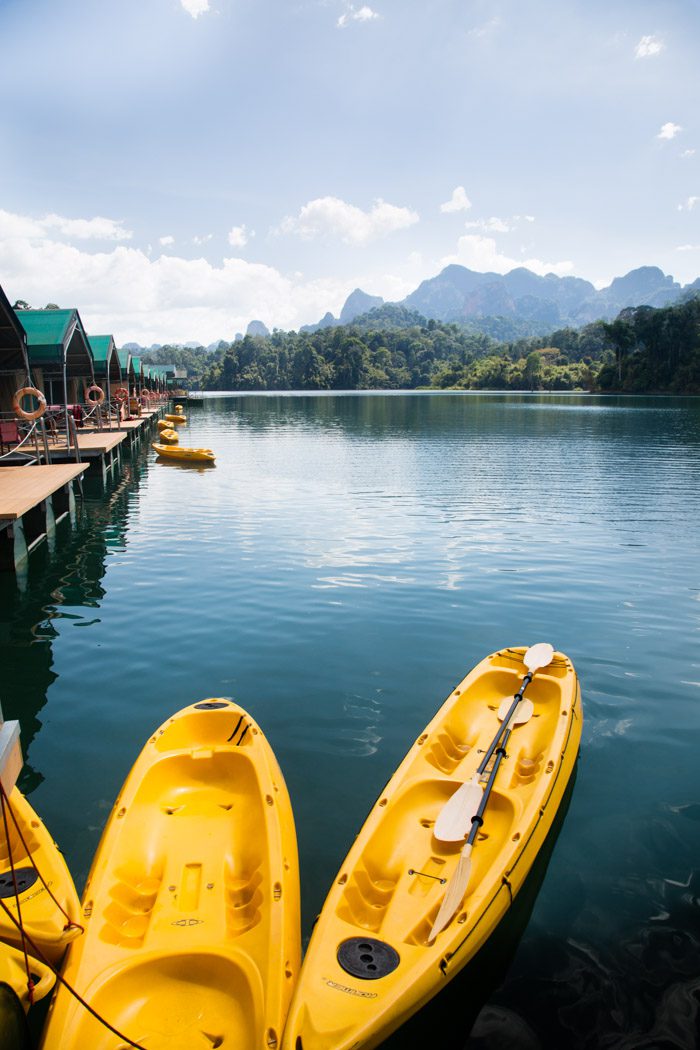





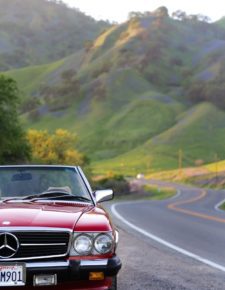

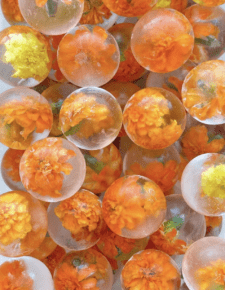

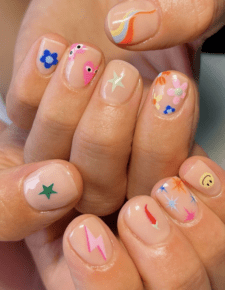







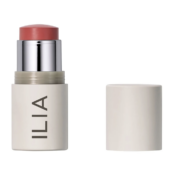








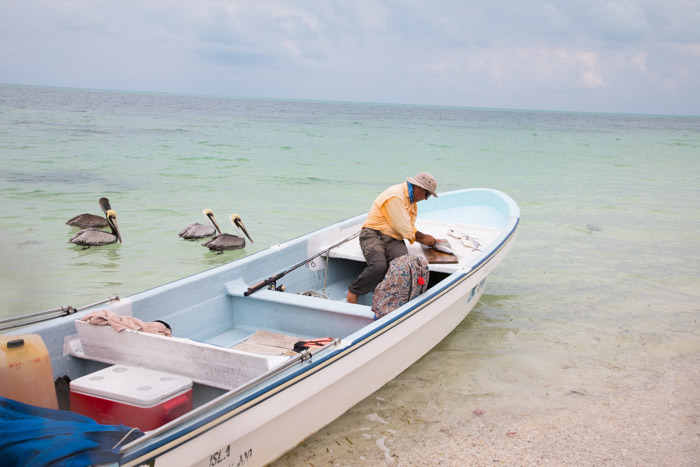
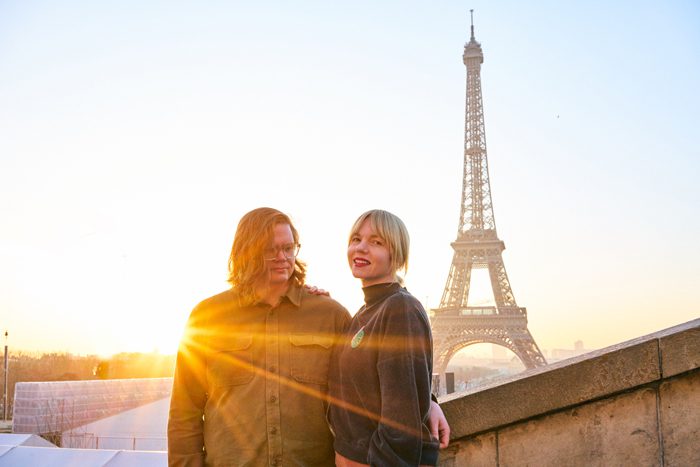







12 Comments